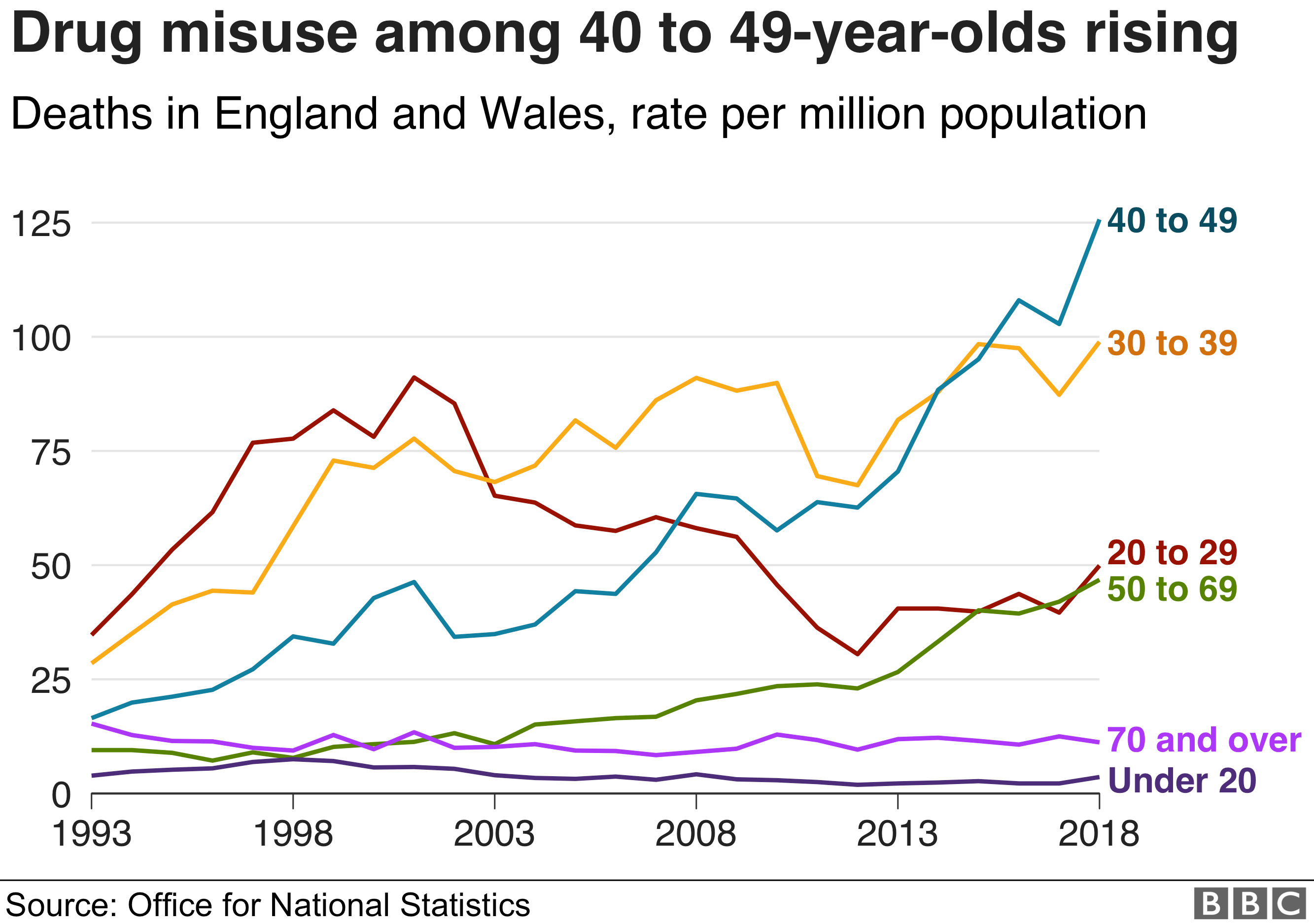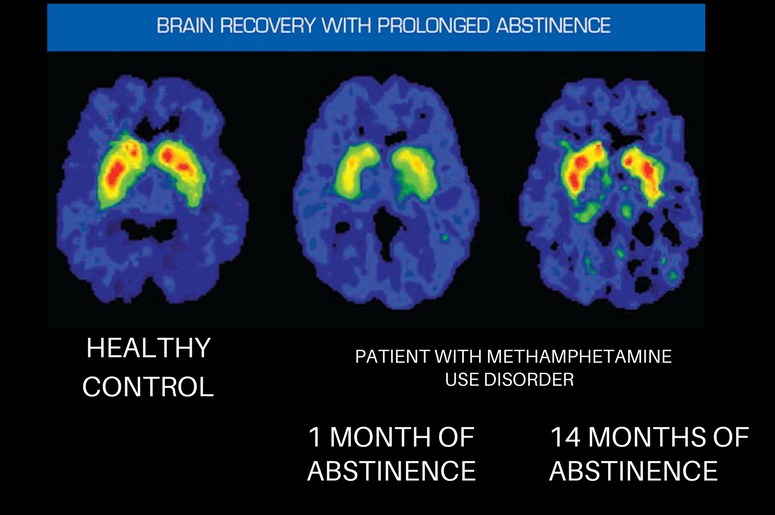Although there's no treatment for drug dependency, treatment choices explained below can help you overcome an addiction and stay drug-free. Your treatment depends upon the substance abuse and any associated medical or psychological health conditions you may have. Long-term follow-up is essential to avoid regression. Treatment programs generally use: Individual, group or household treatment sessions A focus on understanding the nature of dependency, becoming drug-free and avoiding relapse Levels of care and settings that differ depending upon your needs, such as outpatient, residential and inpatient programs The goal of detoxing, also called "detox" or withdrawal treatment, is to allow you to stop taking the addicting drug as rapidly and securely as possible.
Others may require admission to a medical facility or a property treatment center. Withdrawal from various categories of drugs such as depressants, stimulants or opioids produces different side impacts and requires various approaches. Detox might include gradually decreasing the dosage of the drug or momentarily replacing other substances, such as methadone, buprenorphine, or a mix of buprenorphine and naloxone.
Naloxone momentarily reverses the effects of opioid drugs. While naloxone has been on the market for several years, delivery systems such as Narcan (a naloxone nasal spray) and Evzio (a naloxone injection gadget) are now offered, though they can be really expensive. Evzio is a little injection device that supplies voice instructions to assist the user and immediately place the needle into the thigh to deliver the naloxone injection.
As part of a drug treatment program, behavior treatment a kind of psychotherapy can be done Learn here by a psychologist or psychiatrist, or you might receive counseling from a licensed alcohol and drug counselor. Therapy and counseling might be done with an individual, a household or a group. The therapist or counselor can: Assist you develop ways to manage your drug yearnings Suggest methods to avoid drugs and prevent relapse Offer ideas on how to handle a regression if it happens Talk about issues concerning your job, legal Website link problems, and relationships with friends and family Include family members to assist them develop better communication abilities and be helpful Address other mental health conditions Lots of, though not all, self-help support system use the 12-step model first developed by Twelve step programs.
The self-help support system message is that addiction is a chronic disorder with a risk of relapse. Self-help support system can decrease the sense of embarassment and isolation that can cause regression. Your therapist or licensed counselor can assist you find a self-help support group. You may likewise discover support system in your neighborhood or on the web.
The Of What Is Of Drug Addiction Treatment
Learning new coping skills and understanding where to discover aid are necessary. Taking these actions can assist: Drug addiction is linked to a variety of problems that may be helped with treatment or counseling, including other underlying psychological health concerns or marriage or household issues. Seeing a psychiatrist, psychologist or certified counselor might assist you regain your comfort and fix your relationships.

Seek instant treatment from a qualified psychological health expert if you have any indications or signs of mental illness. Assistance groups, such as Narcotics Anonymous or Twelve step programs, can be very effective in dealing with addiction. Empathy, understanding and shared experiences can assist you break your addiction and stay drug-free.
You can start by discussing your compound usage with your primary physician, or ask for a recommendation to a professional in drug dependency, such as a certified alcohol and drug counselor, or a psychiatrist or psychologist. Take a relative or pal along (what is the treatment for alcohol addiction). Here's some details to assist you prepare for your consultation.

To get an accurate concept of which treatment might help, be truthful with your medical professional or other psychological health expert. that you're taking, and the dosages. Tell the medical professional about any legal or controlled substances you're utilizing. your doctor or mental health expert. Some concerns to ask your medical professional may consist of: What's the very best technique to my drug dependency? Should I see a psychiatrist or other psychological health specialist? Will I need to go to the health center or hang out as an inpatient or outpatient at a recovery center? What are the options to the main technique that you're recommending? Are there any brochures or other printed product that I can have? What sites do you suggest? Don't think twice to ask other concerns throughout your consultation.
Be all set to answer them to reserve time to review any points you want to focus on. Your physician may ask: What drugs do you utilize? When did your drug usage initially begin? How frequently do you utilize drugs? When you take a drug, just how much do you utilize? Do you ever feel that you might have a problem with drugs? Have you tried to stop on your own? What occurred when you did? If you tried to quit, did you have withdrawal signs? Have any relative slammed your drug utilize? Are you ready to get the treatment required for your drug addiction? Oct.
The Basic Principles Of How Residential Treatment Drug Addiction Differs From Outpatient
Alcohol And Drugs Can Pirate Your BrainPeople with dependency lose control over their actions. They crave and look for drugs, alcohol, or other compounds no matter what the costeven at the threat of destructive relationships, hurting family, or losing jobs. What is it about dependency that makes individuals behave in such destructive methods? And why is it so hard to stop? NIH-funded researchers are working for more information about the biology of dependency.
However even for those who have actually successfully quit, there's constantly a danger of the addiction returning, which is called regression. The biological basis https://kylanak0ss.doodlekit.com/blog/entry/11486287/9-simple-techniques-for-what-does-cs-stand-for-in-clinical-director-addiction-treatment of dependency helps to discuss why individuals need a lot more than great intentions or self-discipline to break their addictions. "A typical misperception is that dependency is a choice or moral problem, and all you need to do is stop (what are the steps in drug treatment and recovery from addiction).
George Koob, director of NIH's National Institute on Alcohol Abuse and Alcoholism. "The brain in fact alters with addiction, and it takes a bargain of work to get it back to its normal state. The more drugs or alcohol you've taken, the more disruptive it is to the brain." Scientists have actually found that much of addiction's power depends on its capability to hijack and even ruin crucial brain areas that are suggested to help us endure.
It does this by changing on brain circuits that make you feel wonderful, which then inspires you to repeat those habits. In contrast, when you're in threat, a healthy brain pushes your body to respond rapidly with worry or alarm, so you'll leave harm's method. If you're lured by something questionablelike eating ice cream prior to dinner or purchasing things you can't affordthe front regions of your brain can help you choose if the effects deserve the actions.
Drugs or alcohol can hijack the pleasure/reward circuits in your brain and hook you into desiring more and more. Dependency can likewise send your emotional danger-sensing circuits into overdrive, making you feel distressed and stressed out when you're not using the drugs or alcohol. At this phase, individuals typically use drugs or alcohol to avoid feeling bad instead of for their enjoyable effects.